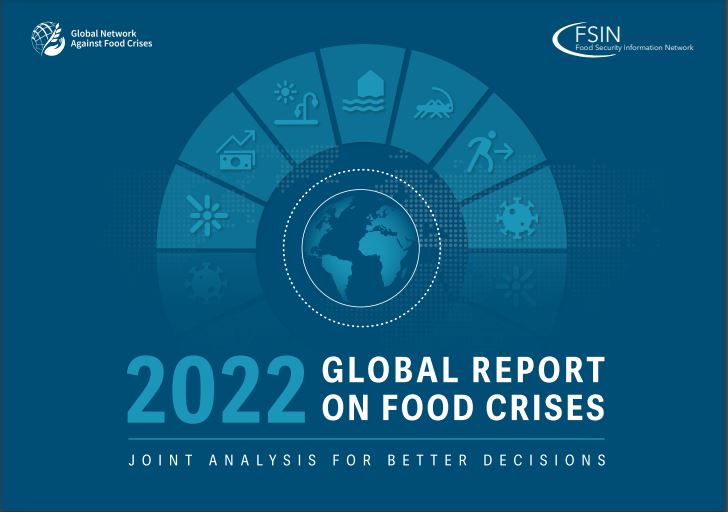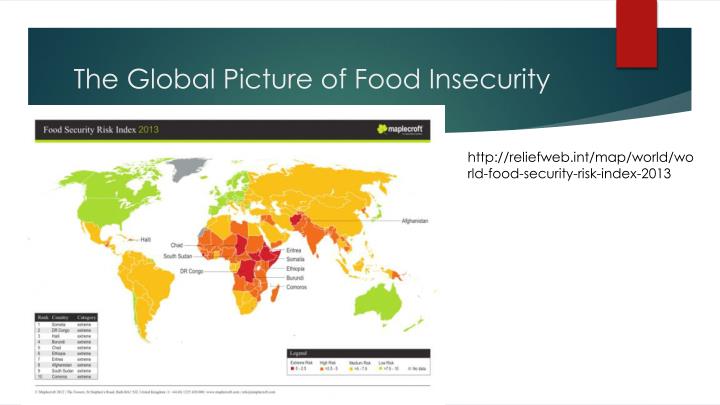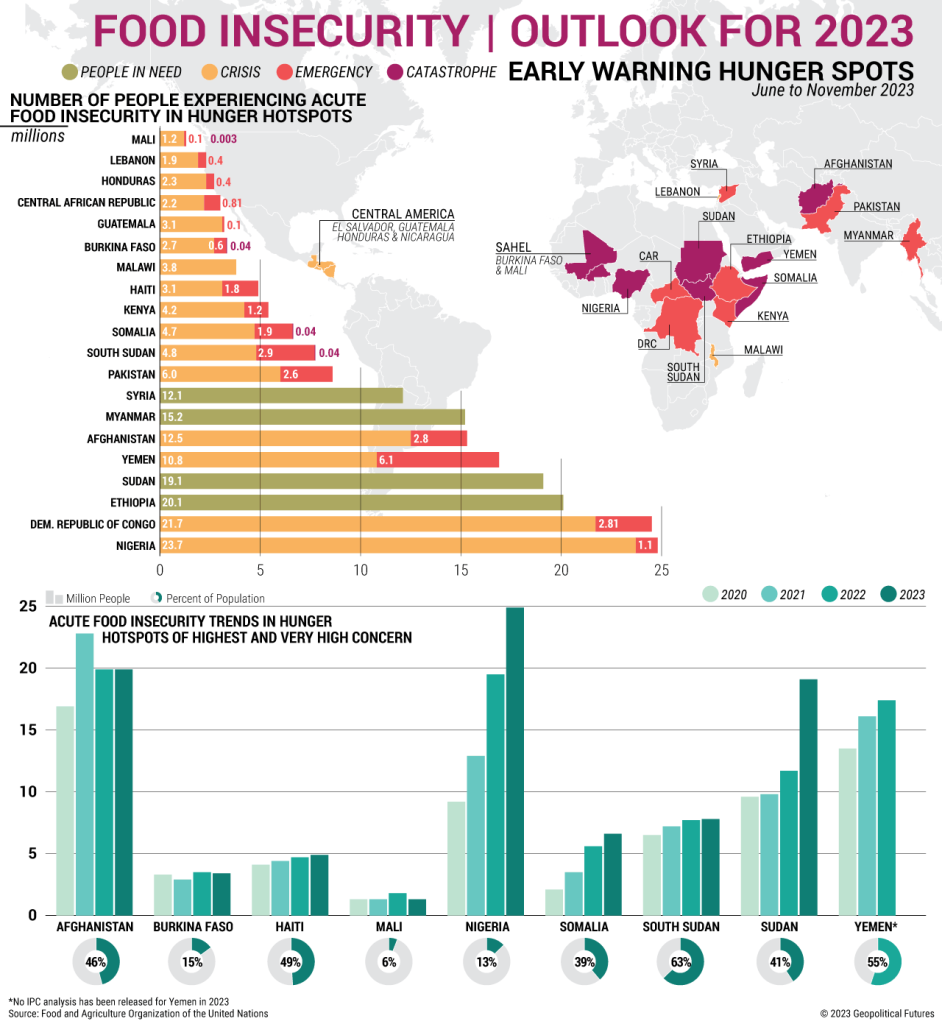Food insecurity is a pressing global issue that has been exacerbated by various factors, including climate change, economic instability, and political conflicts. The World Food Programme estimates that around 690 million people worldwide go to bed hungry each night, a number that continues to rise. This crisis demands urgent attention and coordinated efforts from governments, organizations, and individuals to ensure a sustainable and secure food supply for all.
Causes of Food Insecurity
- Climate Change Climate change significantly impacts agricultural productivity. Extreme weather events such as droughts, floods, and hurricanes destroy crops, reduce yields, and disrupt food distribution networks. Rising temperatures and changing precipitation patterns also alter growing seasons, making it difficult for farmers to predict and manage their crops effectively.
- Economic Instability Economic downturns and rising food prices have a direct impact on food security. When economies falter, unemployment rises, reducing people’s ability to purchase food. Additionally, economic instability can lead to currency devaluation, increasing the cost of imported food and making it less accessible to vulnerable populations.
- Political Conflicts Wars and conflicts displace millions of people, disrupting their access to food. In conflict zones, agricultural production often halts, and supply chains are broken. Humanitarian aid is frequently hindered by insecurity, leaving affected populations without reliable food sources.
- Population Growth Rapid population growth, particularly in developing countries, strains existing food resources. As the global population continues to rise, the demand for food increases, exacerbating the pressure on already limited resources and leading to higher rates of food insecurity.
Impact of Food Insecurity
- Health Consequences Malnutrition and hunger have severe health consequences, especially for children. Chronic malnutrition can lead to stunted growth, weakened immune systems, and increased susceptibility to diseases. In adults, food insecurity can cause various health issues, including obesity, diabetes, and cardiovascular diseases, due to reliance on low-cost, low-nutrition foods.
- Economic Effects Food insecurity hampers economic development. Malnourished populations are less productive and have higher healthcare costs. Additionally, countries facing severe food insecurity often experience social unrest, which further destabilizes economies and impedes growth.
- Social and Political Stability Food insecurity can lead to social unrest and political instability. When people cannot meet their basic needs, they are more likely to protest or engage in conflict. Ensuring food security is crucial for maintaining social and political stability, particularly in fragile states.
Solutions and Global Response
- Improving Agricultural Practices Adopting sustainable agricultural practices can enhance food security. Techniques such as crop diversification, conservation agriculture, and agroforestry can increase resilience to climate change and improve soil health. Investing in agricultural research and development is also essential for developing new technologies and practices that can boost productivity.
- Enhancing Food Distribution Improving food distribution networks can reduce waste and ensure that food reaches those in need. This includes investing in infrastructure such as roads, storage facilities, and cold chains. Additionally, enhancing local markets and supporting smallholder farmers can strengthen food systems and make them more resilient.
- Addressing Economic Inequality Reducing economic inequality is crucial for enhancing food security. This involves creating jobs, increasing wages, and providing social safety nets for vulnerable populations. Governments should also work to stabilize food prices and ensure that food remains affordable for all.
- Mitigating Climate Change Addressing the root causes of climate change is essential for long-term food security. This includes reducing greenhouse gas emissions, promoting renewable energy, and implementing policies that support environmental conservation. International cooperation is vital for achieving these goals and mitigating the impacts of climate change on food systems.
- Humanitarian Aid and Development Assistance Providing immediate humanitarian aid to regions experiencing acute food insecurity is critical. This includes delivering food, water, and medical supplies to affected populations. In the long term, development assistance should focus on building resilient food systems, enhancing agricultural productivity, and supporting economic development.
Conclusion
The escalating food insecurity crisis requires urgent and coordinated global action. By addressing the root causes and implementing sustainable solutions, we can ensure a secure food future for all. Governments, organizations, and individuals must work together to combat this crisis and create a world where everyone has access to sufficient, safe, and nutritious food. Ensuring food security is not only a moral imperative but also essential for global stability and prosperity.


